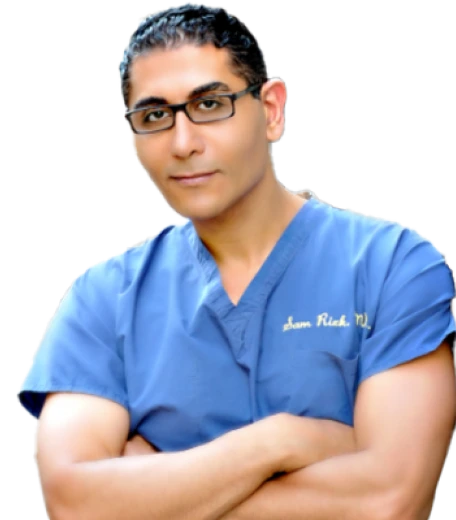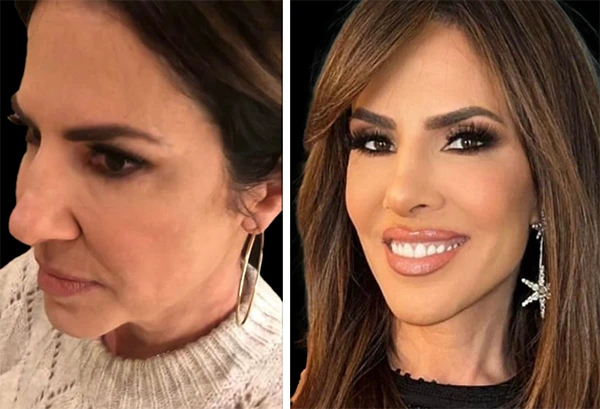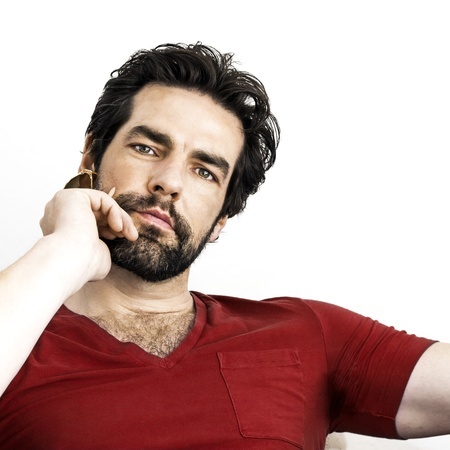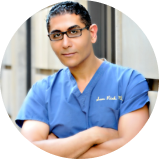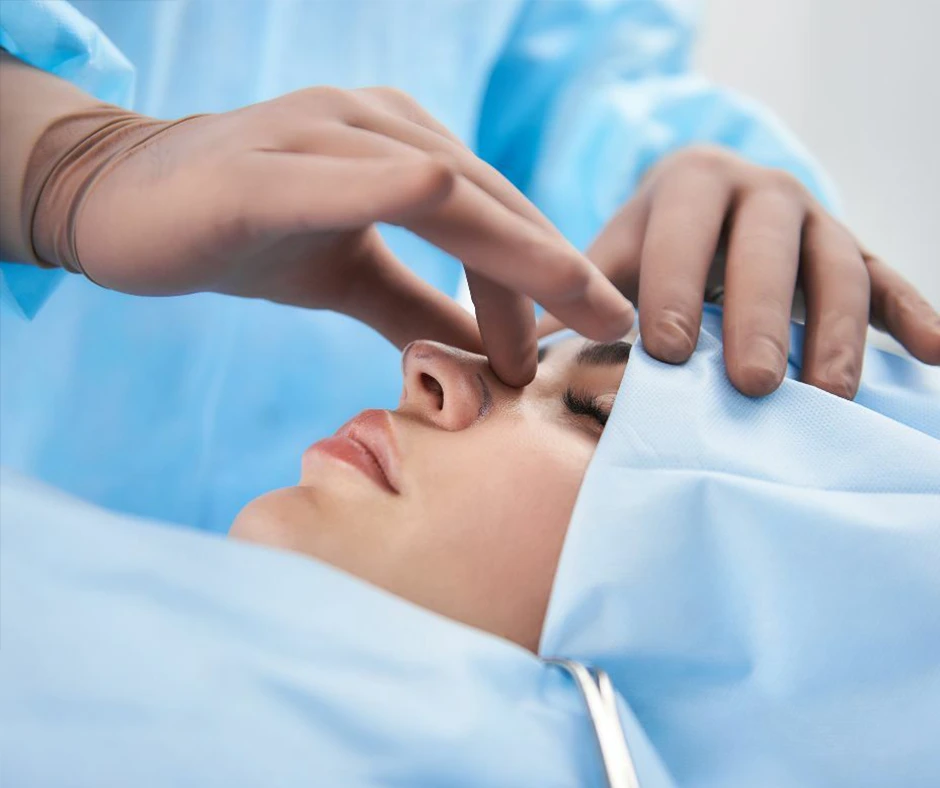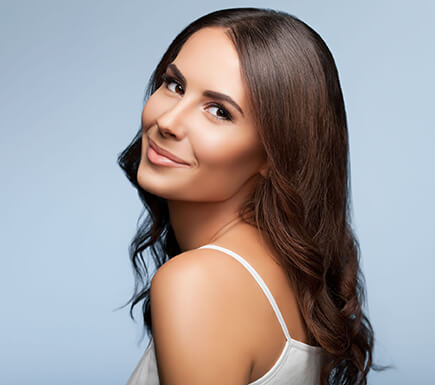Will rhinoplasty change your voice? Probably not, but perhaps. The truth is, there is no one-size-fits-all answer to this question. It depends on individual anatomy, the extent of changes made during surgery, and the skill and expertise of the surgeon performing the procedure. Renowned New York facial plastic surgeon Dr. Sam Rizk has performed numerous rhinoplasty procedures on singers and actors, with no voice changes to date.
How the nasal passageways influence the voice
The nasal passageways’ influence on the voice depends on their width and shape. For example, if a person’s nasal passageways are extremely narrow, less air passes through, and this typically results in a nasal voice. A person with wider, more open nostrils and nasal passageways will have a less nasal voice.
How rhinoplasty can change a person’s voice
The effect a nose job will have on a patient’s voice will depend on how much or little the airway is widened or narrowed, which will of course depend on the patient’s individual anatomy and needs.
Voice changes stemming from rhinoplasty are not always a bad thing. For example, if you have an extremely nasal voice before surgery, you may like the effect that rhinoplasty has on your voice.
On the flip side, in some cases a dramatic voice change is unwanted. If, for example, you are a singer and you are happy with the way your voice sounds, you should consider the possibility that having rhinoplasty may have a slight effect on your voice. However, it is also true that some singers benefit from rhinoplasty, especially when the surgery succeeds in addressing a deviated septum or inflamed turbinates.
The rhinoplasty procedure is tailored to each patient to address their specific needs. For this reason, to understand how the procedure may affect your voice and other factors, you will need to undergo an examination from a qualified rhinoplasty specialist. If the idea of voice changes from rhinoplasty surgery worries you, be sure to speak to a board certified facial plastic surgeon that specializes in procedures of the nose. Your surgeon will need to conduct a thorough evaluation to determine whether there is reason to believe that the surgery will alter your voice.
Is there regional/linguistic/ethnic variation?
There has been a lot of talk about this ever since the results of a study conducted in Iran were released in 2014. According to the results of the study, which involved 27 Farsi speakers, the voices of 22 out of 27 participants acquired a more nasal sound after having rhinoplasty. (More specifically, vowel sounds took on a more nasal sound.) However, critics of the study point out that the researchers conducting the study relied in part on self-assessments from the patients. According to these critics, the researchers should have taken nasal airflow measurements both before and after the surgery. All of this having been said, even some of the critics find the results of the study intriguing and believe it should be re-conducted under more rigorous conditions.
Facial plastic surgeons in North America have pointed out that they rarely hear complaints of voice changes from their patients following rhinoplasty surgery. So, is there a regional, linguistic or ethnic factor involved? Some experts believe that it may depend on the way in which the voice is used, which varies from language to language. More to the point, some Middle Eastern languages, including Farsi, do tend to rely more on the nasal cavity to produce certain sounds, as compared to English.
What to do if your voice doesn’t go back to normal
The best thing you can do if you notice a voice change following rhinoplasty surgery is to contact your surgeon.
Or, if you are not satisfied with the results of your procedure and believe your surgeon may have erred in some way, schedule a consultation with a board certified facial plastic surgeon who specializes in nose surgeries. Look for a surgeon with a consistent record of positive results. The best rhinoplasty surgeons are typically board-certified in facial plastic surgery, specialize in surgeries of the nose and have extensive experience assessing factors such as potential voice changes from rhinoplasty. Facial plastic surgeons usually do a residency in otolaryngology-head and neck surgery and complete additional training in facial plastic surgery. These surgeons are required to pass an exam and demonstrate an extensive record of clinical experience in order to receive board certification.
Should you worry about your voice changing?
Rhinoplasty typically has little effect on the voice, and when it does, it is usually temporary. Even if you do experience voice changes, this is not necessarily a negative thing. However, if you want to learn more about how rhinoplasty surgery may change your voice, schedule an appointment with a board certified plastic surgeon today.

